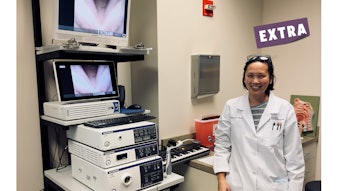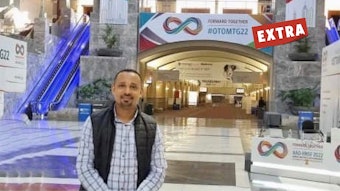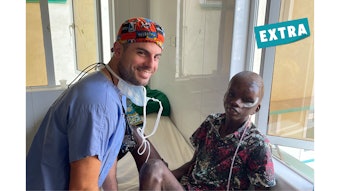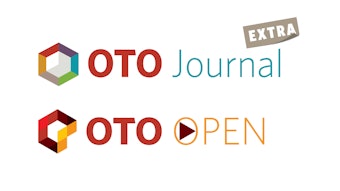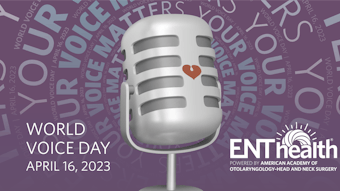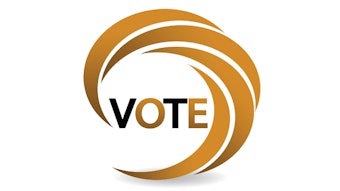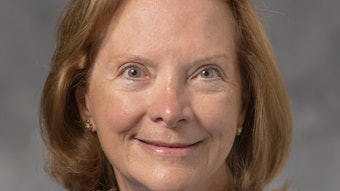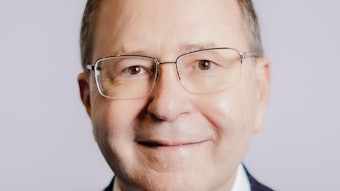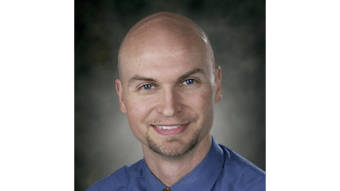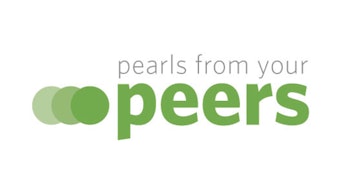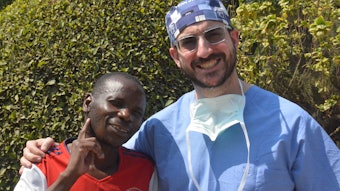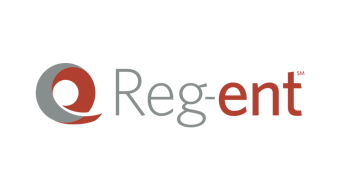Mentorship, Sponsorship, and Coaching: Maximizing Networks Through Each Career Stage
Mentors, sponsors, and coaches can catapult one’s career growth. Understanding how to harness these “career boosters” is valuable no matter your background, career stage, or practice type.
Janice L. Farlow, MD, PhD
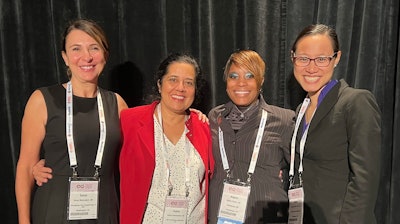 (Left to right): Sonya Malekzadeh, MD, Sujana S. Chandrasekhar, MD, Angela M. Powell, MD, and Janice L. Farlow, MD, PhD, during their presentation at the AAO-HNSF 2022 Annual Meeting & OTO Experience in Philadelphia, Pennsylvania.
(Left to right): Sonya Malekzadeh, MD, Sujana S. Chandrasekhar, MD, Angela M. Powell, MD, and Janice L. Farlow, MD, PhD, during their presentation at the AAO-HNSF 2022 Annual Meeting & OTO Experience in Philadelphia, Pennsylvania.
Everyone has learned about “mentorship,” and chances are you have had mentors and maybe served as a mentor to many at this point. Over the past decade, the science of mentorship has evolved, and the related but distinct archetypes of sponsors and coaches have developed. Although a mentor provides guidance, advice, and support, typically over a longitudinal relationship with their mentee, a sponsor requires sociopolitical influence that they actively leverage to facilitate opportunities for their sponsee, or protégé, on an episodic basis. A coach, meanwhile, is equipped with specific knowledge, skills, and tools to empower their coachee with targeted development and empowerment for specific needs. More simply put, as Heather Foust-Cummings, PhD, a senior vice president for research at Catalyst, Inc., famously said, “A coach talks to you, a mentor talks with you, and a sponsor talks about you.”
At the AAO-HNSF 2022 Annual Meeting & OTO Experience, I had the honor of moderating a Panel Presentation on using mentorship, sponsorship, and coaching during each career stage, with real-word experience and insights from Angela M. Powell, MD, Sujana S. Chandrasekhar, MD, and Sonya Malekzadeh, MD. Emerging data show that individuals experience mentorship, sponsorship, and coaching differently based on their gender, race, career stage, and practice type. On a systems level, disparate access to these “career boosters” also may perpetuate inequity in our field despite enablement being their sole intent. Thus, it behooves individual otolaryngologists wherever they stand in their career, as well as leaders who shape the educational and professional networks of the field, to understand how to leverage mentorship, sponsorship, and coaching for career advancement.
Although mentorship is an age-old concept, “new age mentorship” embraces active, structured, and personalized mentorship that is often multidirectional and transcends departments and institutions.1 Certain mentorship practices are also more effective than others, including assembling multiple mentors who bring a diversity of experiences and perspectives, deliberate continuous assessment of mentorship by the mentor and mentee, and awareness of early signs of mentorship malpractice.2 Systems are needed, however, to ensure equitable access to effective mentorship, particularly since many historically marginalized communities have disproportionately experienced structural barriers and underrepresentation in leadership.
Sponsorship has received more recent attention for its critical role in career advancement across industries, including medicine. However, sponsorship is subject to homophily, or the tendency for sponsors to seek out sponsees like themselves.3 Thus, historically marginalized populations are often passed over for high visibility sponsorship opportunities and instead are sought for important but traditionally less professionally rewarded activities, leading to the “minority tax.”4 Structures that afford natural sponsorship opportunities, such as residency programs for young otolaryngologists and academic leadership hierarchies for more senior leaders, tend not to exist in the mid-career stage, thus leaving a sponsorship void during this vulnerable period.5 Moving toward equitable sponsorship will require both empowering individuals to proactively network and refine their career goals, as well as structural and cultural change to disseminate education in sponsorship across groups and codify the professional value of sponsorship.6
While used extensively in business and sports, coaching has been adopted more widely in medicine over the past decade. Professional coaches are helpful to the executive leader who is honing communication skills or for the physician interested in building their leadership capacity. Beyond augmenting leadership competencies, coaches can also help realign professional goals and a physician’s well-being. Colleagues can also serve as coaches in guiding conflict resolution or building technical and nontechnical skills. In all these settings, coaching offers an opportunity to explore and develop personal and/or professional goals, implement a strategy for achieving those aims, and garner objective continuous feedback in the process. Although they are currently more formally employed later in one’s profession, coaches could be advantageous to surgeons throughout their careers, starting during medical education.7 Individuals can seek out coaches on their own, but similar to mentorship and sponsorship, widely incorporating coaching into medicine that is accessible to all will require intentional system-wide changes.
Mentors, sponsors, and coaches can catapult one’s career growth, and understanding how to harness these “career boosters” is valuable no matter your background, career stage, or practice type. Research continues to show that there are disparities in how individuals access and experience mentorship, sponsorship, and coaching, however. Thus, it is imperative for the leaders in our practices, departments, and national societies to continuously examine how our institutions and structural processes can be shaped to mitigate these disparities, so our field can collectively reap the benefit.
References
- Ahmadmehrabi S, Farlow JL, Wamkpah NS, et al. New age mentoring and disruptive innovation-navigating the uncharted with vision, purpose, and equity. JAMA Otolaryngol Head Neck Surg. 2021 Apr 1;147(4):389-394. doi:10.1001/jamaoto.2020.5448
- Chopra V, Edelson DP, Saint S. A piece of my mind. Mentorship malpractice. JAMA. 2016 Apr 12;315(14):1453-4. doi:10.1001/jama.2015.18884
- Suurna MV, Leibbrandt A. Underrepresented women leaders: lasting impact of gender homophily in surgical faculty networks. Laryngoscope. 2022 Jan;132(1):20-25. doi:10.1002/lary.29681
- Faucett EA, Brenner MJ, Thompson DM, Flanary VA. Tackling the minority tax: a roadmap to redistributing engagement in diversity, equity, and inclusion initiatives. Otolaryngol Head Neck Surg. 2022 Jun;166(6):1174-1181. doi:10.1177/01945998221091696
- Farlow JL, Mott NM, Standiford TC, et al. Sponsorship and negotiation for women otolaryngologists at midcareer: a content analysis. Otolaryngol Head Neck Surg. 2022 May 31:1945998221102305. doi:10.1177/01945998221102305
- Farlow JL, Wamkpah NS, Francis HW, Bradford CR, Brenner MJ. Sponsorship in Otolaryngology–head & neck surgery: a pathway to equity, diversity, and inclusion. JAMA Otolaryngol Head Neck Surg. In press.
- Lovell B. What do we know about coaching in medical education? A literature review. Med Educ. 2018 Apr;52(4):376-390. doi:10.1111/medu.13482



